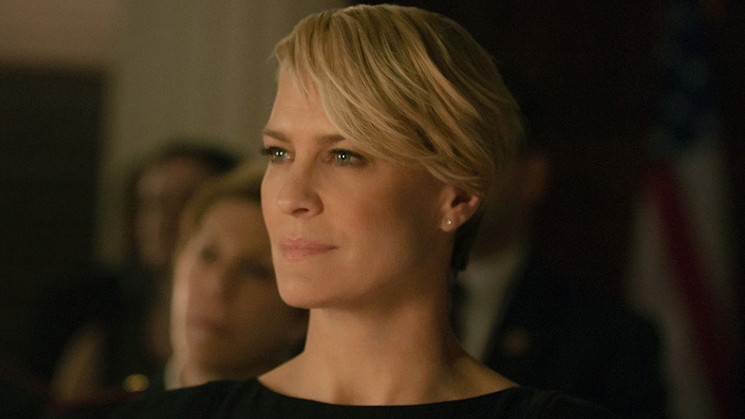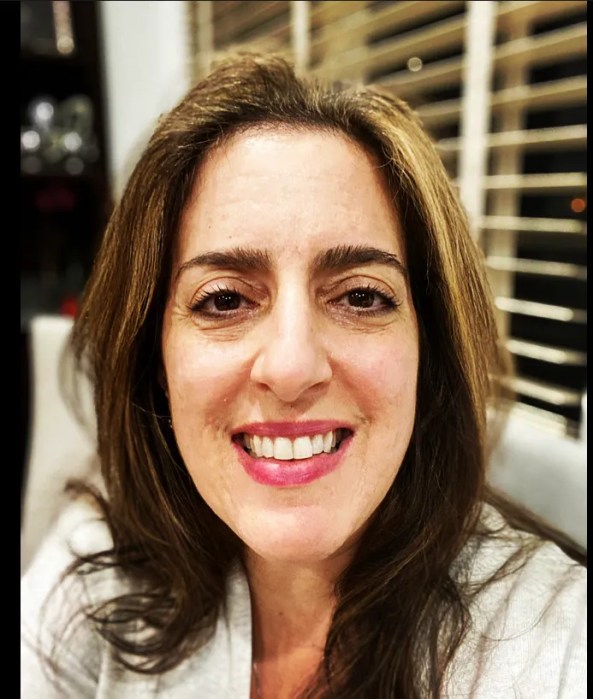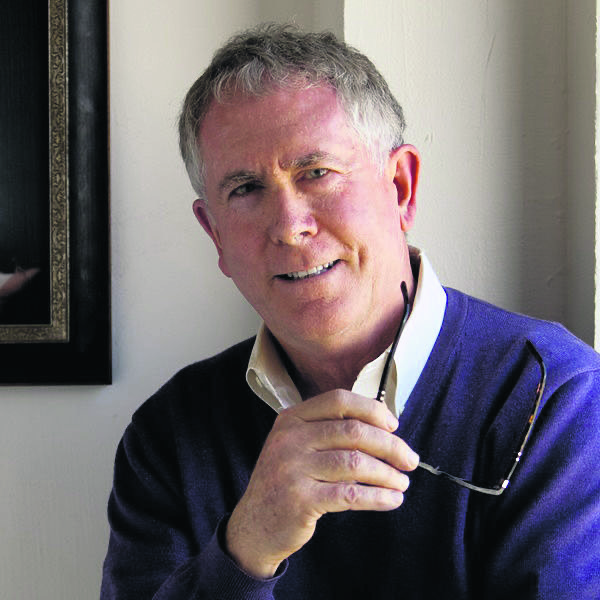My name is Jaime Franchi and I am a binge watcher.
It all started with Breaking Bad. I began watching Season 1 in small, tasteful portions. One episode at a time, a few times a week. But as the action spiraled, I got so addicted to watching the unraveling of Walter White that my bedtime stretched one, two, three hours late. Toward the end, I was known to watch even four episodes at a time.
When the series ended, I thought my addiction was cured.
Alas, it was not. True Detective happened.
True Detective, the pilot season of the HBO whodunit thriller, captivated me from start to finish (although my wild ideas about how it should’ve ended keep me from two enthusiastic thumbs up). I watched it in just a few sittings. And when it was over, I tuned my binge-watching focus on two seasons of House of Cards.
The bad thing about indulging in the I-need-to-know-what-happens-next mode of TV watching is that although the high is so intensely amazing, it is also short-lived. So here I am in the aftermath of my True Detective/House of Cards binge-fest and if I can’t watch my programs, I need to do the next best thing: talk about them on the Internet.
The two things that jump out at me after watching these two shows back-to-back is the way the writers treated the female characters. True Detective creator Nic Pizzolatto rightfully caught a lot of flak for its flat, victim-y women. The show revolved around the bromance/brenmity of detectives Rust Cohle (Matthew McConaughey) and Martin Hart (Woody Harrelson) and their search for a child killer. The first scene of an artful display of a murdered and mutilated prostitute set the stage for the way female characters would be used for the rest of the series: as props. The women were used to propel the narrative forward, but with character traits about as deep as a puddle. They were like the Seven Dwarves of Character Development: Slutty, Sexy, Crazy, Sneaky, Scary, Whiny and Dead.
Maggie Hart, played by Michelle Monaghan, was the pretty, doting wife of Detective Marty Hart. When she discovers that he cheated, she manipulates the end of their marriage by seducing his partner Rust Cohle.
Beth (Lili Simmons) is the underage prostitute who catches Marty’s eye—in an entirely wholesome way. In fact, he gives her money out of his own pocket to get out of the trailer park brothel where she lives to get a fresh start. (But then he meets her years later in a Verizon store and bangs her.)
Detective Rust Cohle couples up for a few episodes there with a doctor who seems to be the peanut butter to his jelly sandwich. Yet, after pushing him to open up more, she is summarily discarded. She takes her place as the whiny, pleading woman to the stoic hero figure.
Even Hart’s daughters are clumsily drawn. They are divided into the Good one and Bad one, sweet versus slutty, angelic vs. goth. The root causes of what might have caused Hart’s daughter Audrey’s descent into black nail polish-wearing sluthood are never revealed, leaving a gap where a female character’s depth might have been explored.
WARNING: MAJOR SPOILER AHEAD
Which brings us to House of Cards. The main female character of House of Cards, Claire Underwood, played with absolute brilliance by Robin Wright, is not only convincingly drawn, she is so classically beautiful that she makes me ache to grow another foot tall and chop off all of my hair.
Claire plays the right-hand girl to Kevin Spacey’s Frank Underwood, the House Majority Whip-turned-VP-turned-President (all in two seasons.) (Which was like a week of viewing for me.) If you’re going to be married to someone with such vaulting ambition, it pays to have some of your own, lest you get eaten as prey. And Claire Underwood is nobody’s victim. Yet, instead of turning her into a power-hungry bitch of one-dimension, she is written as a multi-faceted character whose sensitivities and weaknesses not only caught me by surprise, but rang true.
Frank and Claire are equally matched, which is no mean feat for someone as cutting and manipulative as he is. They hold fast to their promise to tell each other everything, magnificently displayed when Claire reveals details of their affair to Frank’s mistress Zoe Barnes (played by Kate Mara.) And though Frank’s affair was a calculated maneuver to have access to leak to the press (“A great man once said, everything is about sex. Except sex. Sex is about power,” he tells Zoe) Claire’s has a decidedly more emotional foundation. She reunites with an old lover, the photographer Adam Galloway (played by Ben Daniels.) When the affair proves politically damaging, however, she cleanly slices off her emotions with a bowie knife, leaving no dangling sentiment.
The audience notes as she routinely plunges her real emotional depth for political use: she reveals her rape during a TV interview to circumvent abortion rumors, then uses it further to introduce a bill to the Senate; she manipulates the friendship of the First Lady to advance their place into the White House, and has a momentary breakdown in tears, showcasing the well of sentiment she keeps so tightly under wraps. It does not hold her back.
Zoe Barnes, the unscrupulous reporter who beds Underwood in order to get her hands on scoop, is also well drawn. The transformation of the character from player to played is fraught with second guessing, recrimination, and old fashioned chutzpah.
And finally Jackie Sharp, played by Molly Parker, is a ruthless go-getter. (If you’re seeing a pattern here, remember this show is set in Washington DC.) Jackie is hand-picked by Underwood to replace him in the House as Majority Whip due to her take-no-prisoners style. Yet, a scene in which she undergoes a painful ribcage tattoo as self-inflicting penance for those she had killed (both actually and metaphorically), we see the painful wounds of her soul. And though Frank Underwood puts her into power, her actions show that she is no puppet. Her mind of her own puts her at odds with her mentor, making her a character to be reckoned with.
If my binge watching has taught me anything, it is that both True Detective and House of Cards are crazy-addictive, right up there with the mother of all TV-enslaving programs, Breaking Bad. But if I had to choose one over the other, the badass women of House of Cards clinch it for me.































